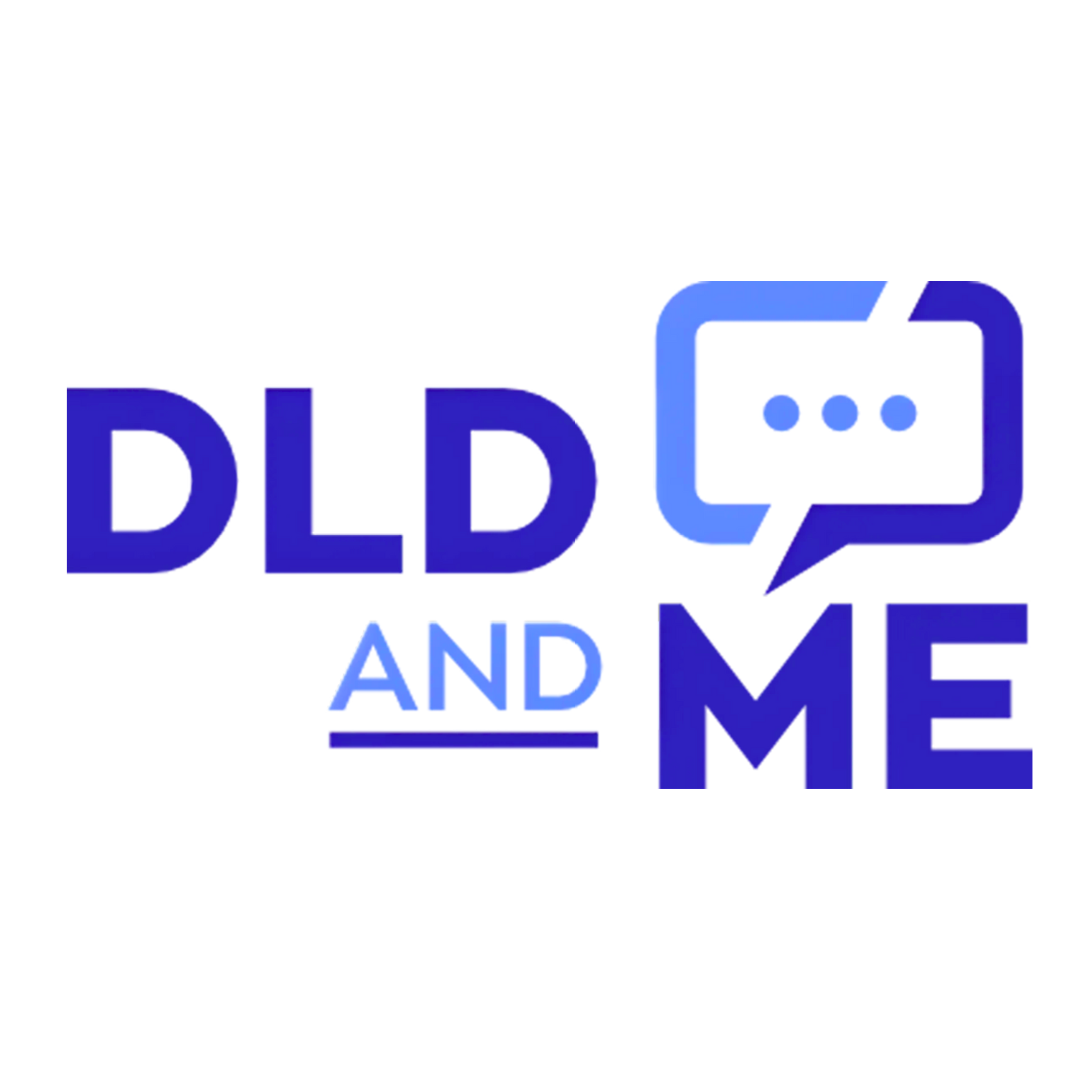More Research Means More Help for Families Living with DLD: Opportunities Offered by Engage-with-DLD
Written By:
Michelle St Clair, Ph.D.
University of Bath
Nicola Botting, Ph.D.
University of London
Suze Leitão, Ph.D.
Curtin University, Western Australia
Developmental Language Disorder (DLD) affects about 7.6% of all children. However, it is not studied as much as other neurodevelopmental disorders, such as Attention Deficit Hyperactivity Disorder (ADHD) or Autism Spectrum Disorder (ASD). These disorders are less common (5% for ADHD and 1% for ASD). A study by Dorothy Bishop in 2010 showed that there were fewer research projects on DLD than we would expect given how many people have DLD and its severity. Dorothy Bishop also showed that studies on DLD received far less research grant funding as well. A newer study by Karla McGregor in 2020 showed that this gap hasn’t changed. Between 2010 and 2019, there were still fewer papers published on DLD compared to other neurodevelopmental disorders.
You may wonder why this is important. ASD and ADHD are important conditions to study and understand. We certainly do not want to take away from research into these important areas. At the same time, we know that DLD is a more common disorder than ADHD and ASD. Experts have rated DLD as having a higher impact on life outcomes than ADHD. This means that more people have DLD, and they are likely to be struggling with the impacts of this disorder. Meanwhile, people around them do not always have a shared knowledge of DLD or an understanding of why individuals with DLD might be struggling. Research has shown that many more people have not heard of DLD compared to ASD and ADHD.
We can increase our understanding of the causes, treatment, and outcomes of DLD with more research. This will hopefully lead to more effective treatments, which can better support individuals with DLD. Research can also help us understand the longer-term outcomes of people with DLD. This may help parents understand how to best support their child’s wider development. Increasing the amount of research on DLD can also help raise awareness. Research-based evidence is central to the Raising Awareness of DLD campaign (RADLD.org)!
We decided that we could not sit back and wait for the situation to improve. We created a project that directly helps DLD research. The Engage-with-DLD (E-DLD) project is a research database of both parents of children with DLD, and adolescents and adults with DLD. When you sign up, we keep your contact details, but we never share them. Instead, researchers inform us about their different research projects and who they would like to participate. We then send information and advertisements for these projects to E-DLD members regularly. Each E-DLD member is directly informed about the research opportunities available. They can then choose to email the researcher or click on online survey links to participate. You don’t have to agree to any projects you don’t want to take part in.
We hope that the E-DLD project will help improve the amount of DLD research being carried out. With higher quality research, we get better and more reliable results. This should help researchers publish their work in reputable science journals and communicate their findings. This might even help researchers obtain project funding to conduct more research!
We also work hard to increase public awareness of DLD research. Scientific research can be difficult for people to understand for various reasons. One reason is that researchers often write in complicated language and use scientific terms that are hard to grasp. Another reason is that many scientific reports are not freely available to everyone. Even if parents of children with DLD or individuals with DLD want to read the full report, they might not be able to access it without paying a significant amount. To tackle these issues, we carefully read DLD articles and write short summaries explaining the findings and their implications. We write these summaries in easy-to-read language and clearly define any scientific terms. These summaries are posted on our website (https://www.engage-dld.com/dld-research) and we tweet about them every week. This provides people with a wealth of evidence-based information about DLD in a way everyone can understand.
We are also building a community of people affected by DLD by regularly hosting online events. Sometimes researchers present their findings, and sometimes they answer questions from attendees. We also host social events where we ask E-DLD members to share their own experiences. We hope this will gradually build a supportive community that is helpful to parents of children with DLD and individuals with DLD.
We hope we’ve convinced you that DLD research is important. DLD research needs to be better funded, and more of it needs to be published in scientific reports! If you are a parent of a child with DLD or have DLD yourself and are over sixteen years old, please consider signing up for the E-DLD project. You can help us improve our knowledge about DLD. A better understanding of DLD is crucial for effectively treating it. Improved treatment of DLD will lead to better outcomes for individuals with DLD. This can only happen with better and more meaningful research.
ReferencesBishop, D. V. M. (2010). Which Neurodevelopmental Disorders Get Researched and Why? Plos One,5(11).
McGregor, K. K. (2020). How We Fail Children With Developmental Language Disorder. Language Speech and Hearing Services in Schools, 51(4), 981-992.
Thordardottir, E., Topbas, S., & Working Group 3 COST Action Is1406. (2021). How aware is the public of the existence, characteristics and causes of language impairment in childhood and where have they heard about it? A European survey. Journal of Communication Disorders, 89.




